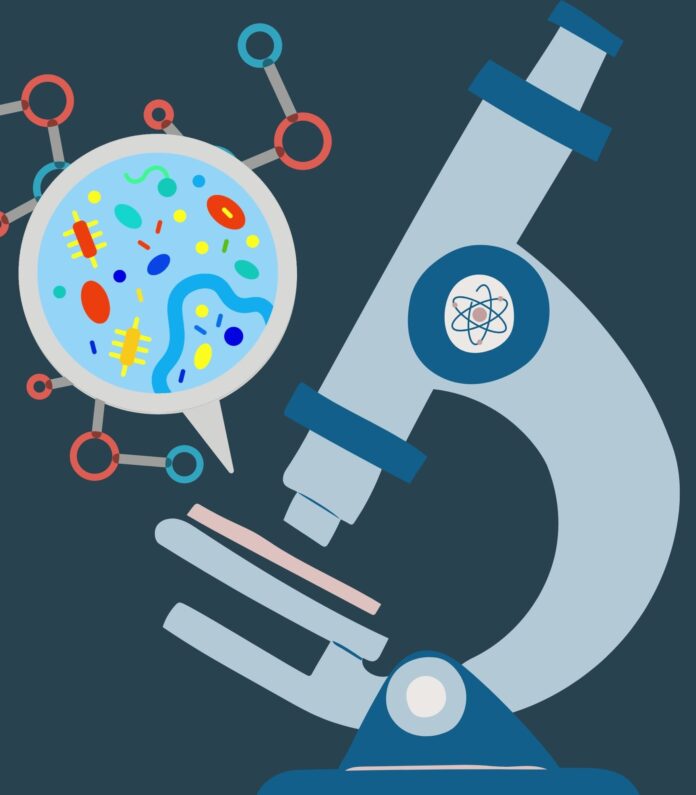Within University of Waterloo’s Cheriton School of Computer Science, researchers have developed a new deep neural network which identifies 98 per cent of peptide features within a set of data. This technology can help diagnose disease biomarkers within a tissue sample.
The neural network is a form of AI that Fatema Tuz Zohora, a PhD researcher at the Cheriton School of Computer Science, and her team have named PointIso. It uses the data in massive databases of existing sequences from other biosamples and can look for multiple markers of disease.
This technology is so powerful because it is not focused on only searching the sample for one disease — it seeks to identify several different biomarkers associated with diseases such as cancer, heart disease and COVID-19.
“[PointIso is] applicable for any kind of disease biomarker discovery. And because it is essentially a pattern recognition model, it can be used for detection of any small objects within a large amount of data. There are so many applications for medicine and science; it’s exciting to see the possibilities opening up through this research and how it can help people,” Zohora said.
Currently, to discover disease biomarkers, numerous laboratory techniques have to be used in tandem including liquid chromatography and mass spectrometry. The data resulting from these tests must be manually analyzed for peptide features — a process that is susceptible to human error even when using specialized software.
“Existing programs are often inaccurate or can be limited by human error in their underlying functions. What we’ve done in our research is to create a deep neural network that achieves 98 per cent detection of peptide features in a dataset. We’re working to make disease detection more accurate to provide healthcare practitioners with the best tools,” Zohora said.
Peptides are chains of amino acids that can form proteins. These chains can be a marker of disease based on their sequence, structure, and other factors. Technology used to analyze these peptides can determine if a disease is present in a given sample with decent accuracy.
PointIso completes the analysis of peptides in a way that is not susceptible to human error and achieves 4 per cent higher detection than existing datasets. The technology is designed to continue learning as it gathers more information and determines parameters without the direction of experts.
“Other methods for disease biomarker detections usually have lots of parameters which have to be manually set by field experts. But our deep neural network learns the parameters itself, which is more accurate, and makes the disease biomarker discovery approach automated,” Zohora said.
Currently, a large part of human medicine and diagnosis requires the analysis of multiple samples. It takes a lot of computational power to search the massive databases available and apply the patterns of disease markers to the target sample and ultimately diagnose a patient, therefore it is imperative that the best possible software is employed.































